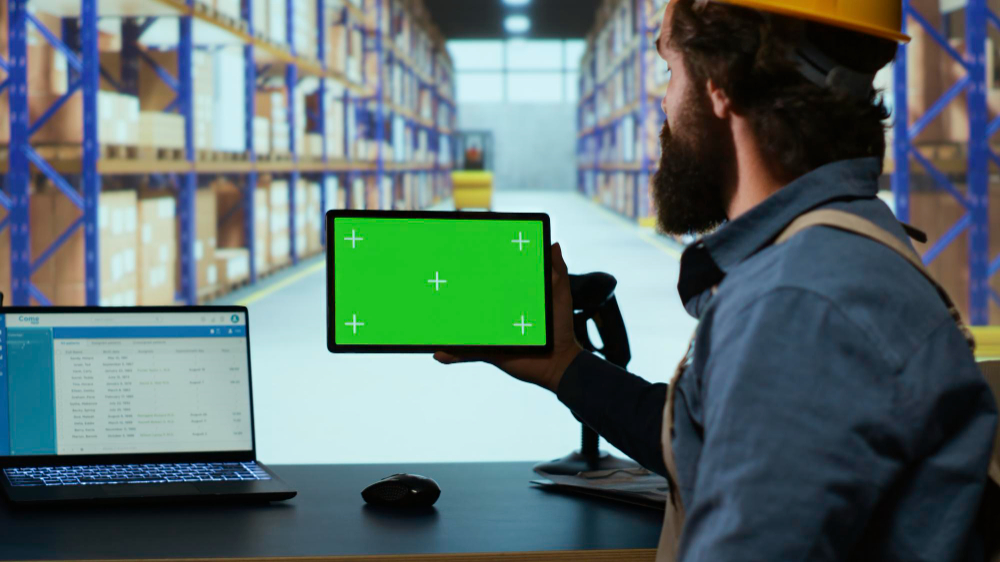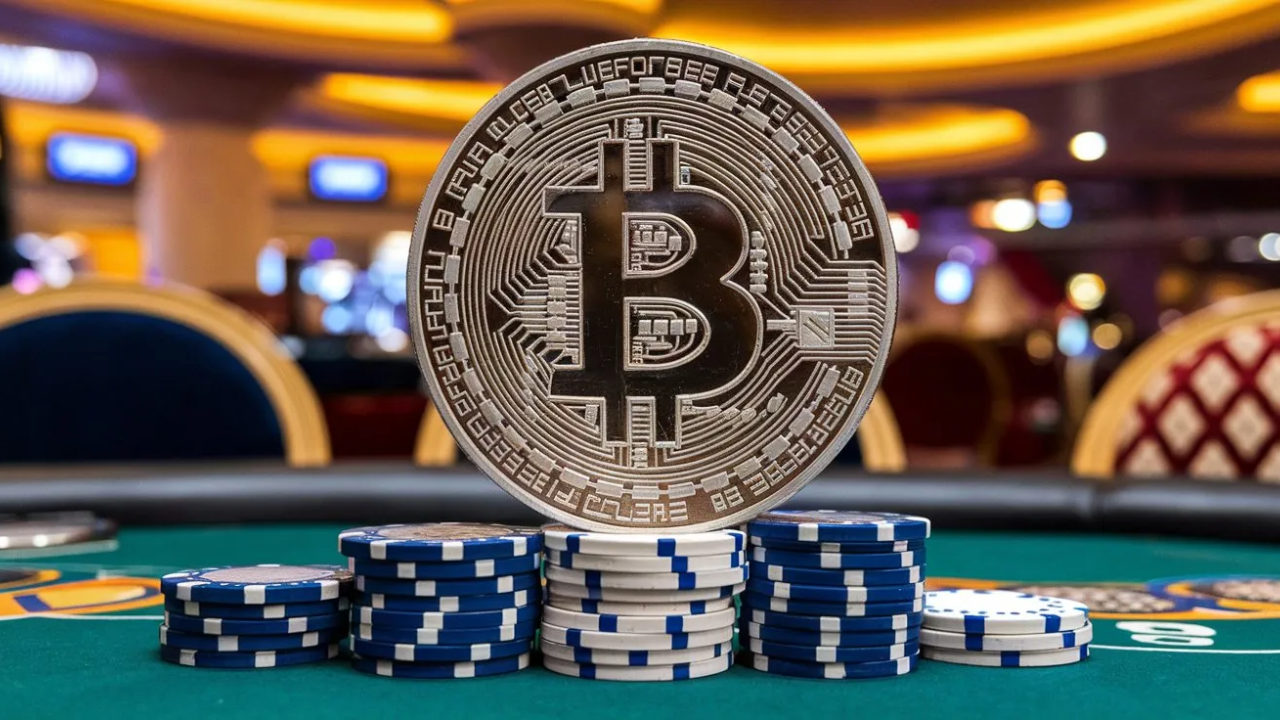
There is such a definite, victorious feeling attached to the last click of a completed online sale. It’s the instant when a promo code is entered that the “discount applied” message flashes brightly, and the price drops right before your eyes.
This little thing, which would otherwise go unnoticed, has the tendency to bring on some wildly inflated sense of victory.
But why does it taste so sweet? Is the bliss all about the money saved, or is there something more going on—a complicated interplay of economics, psychology, and even biology?
To examine this shared experience, let’s consider the purchase of a new computer. It’s a pricey piece of kit, one which is accompanied by thought, budget constraints, and a little good uncertainty before the click of “buy.”
Now, suppose you got a special promo code at the eleventh hour—a computer discount code that reduces the cost by $150. Instantly, the burden of the decision is diminished, and the purchase is changed from obligation into victory.
That change isn’t economics, though, but psychology at work.
The Psychology Of The “Smart Shopper” Experience
Fundamentally, the excitement of saving with a discount depends on identity and self-image. People prefer to feel capable, competent, and in charge. A promo code does more than offer a computer discount code—it confirms that sense of ability.
When you apply a coupon, you’re not merely lowering the price—you’re demonstrating to yourself that you’ve made a wiser choice than the average consumer. It’s sometimes referred to as the “smart shopper effect.”
- You’ve paid less than you would have without the coupon.
- You’ve outsmarted the system (in a minor but satisfying way).
- Also, you’ve maximized your resources and “won” against the odds.
Even in high-stakes purchases, such as a laptop for work or a gaming computer for home, this psychological affirmation becomes stronger.
It feels as if you’ve outmaneuvered the retail system—and that boost in perceived intelligence is often as rewarding as the discount itself.
Dopamine: The Brain’s Reward For The Hunt
Discounts also play into the neurochemical wiring of our brains. Humans are natural stalkers, and bargain hunting is the contemporary version of bagging and stalking prey.
The activity of hunting for computer discount codes—browsing coupon websites, trying out codes, or falling into one by accident—is recreating the hunt-reward cycle our brains have learned to love.
If the hunt is successful, the brain releases dopamine, the “pleasure” neurotransmitter tied to reward and euphoria.
- The hunt is the chase.
- The promo code is the hook.
- The explosion of dopamine is the banquet.
This is why bargain hunting is always characterized as addictive. It’s not merely saving pennies—it’s the effort, reward, and reward loop.
Actually, it has been established in a series of studies that the promise of a bargain is as enjoyable as the bargain itself. A cycle that brings back consumers time and again.
The Powerful Influence Of Scarcity And Urgency
If you’ve ever felt your heart race after seeing phrases like “Limited Time Offer” or “Only 3 left in stock”, you’ve experienced the psychological pull of scarcity and urgency.
Promo codes often come with time restrictions or usage limits. Phrases like:
- “Expires at midnight!”
- “Valid for the first 100 customers!”
- “Deal ends soon!”
Fear of Missing Out (FOMO) response. The more we feel something is running short, the more it’s worth more and more to us. When we use a promo code in such cases, it doesn’t feel like money-saving—it feels like beating the clock.
Consider the case of the new computer: if you have a $150 voucher good “today only,” pressure heightens the appeal of the prize.
You didn’t spare change—you spared change when perhaps others would not have, and the buy feels exclusive, strange, and substantial.
Minimizing The “Pain Of Paying”
Economists have known for some time about the phenomenon of the “pain of paying”—discomfort at paying out. The pain is greater with big-ticket purchases, such as a new computer, when hundreds or thousands of dollars are spent.
- Using a promo code diminishes that pain.
- Rather than viewing the _transaction as a chore_, your mind sees it as a triumph.
- A \$150 discount softens the blow, shifting the narrative from “I’m losing money” to “I’m gaining value.”
The psychological stress of the purchase is replaced by pride in having gotten a deal.
This transformation of a loss into a gain is what makes clicking the “buy” button feel so much easier—and so much more rewarding—after applying a code.
Channeling Psychology Into A Practical Strategy
Understanding these forces enables consumers to employ them as strategic tools instead of becoming helplessly swept along by them.
Rather than blindly crawling the internet for coupon codes and being driven by FOMO into buying. Smart consumers can employ their psychological drives as deliberate tactics.
Practical actions are:
- Reliability on trustworthy coupon aggregators: Websites that scan and validate promo codes save time and effort.
- Price drop alerts: Consumers such as Honey or CamelCamelCamel make the search convenient, allowing buyers to appreciate time more than desperation.
- Stacking rewards: Stacking coupon codes on top of cashback platforms or credit card rewards sends a bigger dopamine thrill and saves the most.
- When to end the hunt: The search is fun, but aimless browsing can lead to decision fatigue. A strategic approach tames the frenzy with efficiency.
By navigating through these psychological hotspots, customers are able to maintain an emotional hold and prevent overspending in the struggle of “winning” the bargain.
A Broader Perspective: Why Promo Codes Work So Well For Retailers
It’s also worth recalling that the psychological excitement is two-way. The retailers are fully conscious of what they are doing when they issue promo codes.
- The scarcity creates the urgency.
- The chase compels consumers.
- The smart shopper effect amplifies loyalty.
Customers will actually spend more in total in all but the most exceptional situations because the fact that a promo code is available is justification to throw some additional items into the cart.
For example, if a promotion requires a minimum spend of $1,000, a buyer purchasing a $950 laptop may toss on some accessories that he didn’t otherwise require, justifying that he’s still “winning.”
Thus, computer discount codes are also a consumer savings device and a consumer psychology device.
The Thrill Of The Code
The thrilling feeling of using a discount code to purchase a new computer is more than dollars saved—it’s a refined psychological experience.
There’s the thrill, motivated by dopamine, of the search, the self-congratulation of being a smart shopper with each component contributing to a good feeling moment of victory that is many times greater than the dollars shaved off.
Computer discount codes make it less hurtful to pay, leverage scarcity and urgency, and build an emotional reward loop that brings customers back. Used effectively, these forces can empower consumers to save money, shop smart, and feel in charge of their choices.
In the end, using that discount code isn’t about lowering a price—it’s about demonstrating something to ourselves: that we are smart, capable, and in charge. That’s why the last click, when it costs less, is so sweet.






